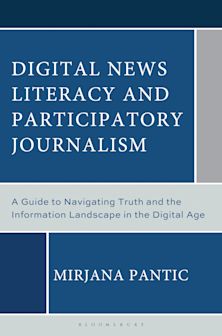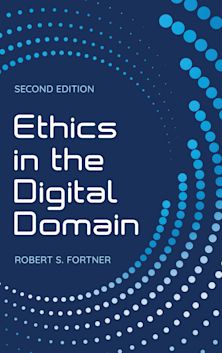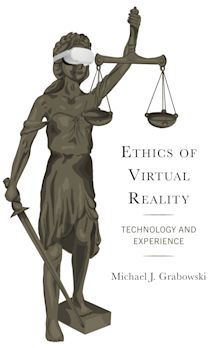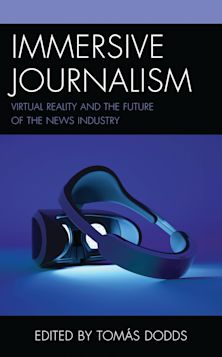- Home
- ACADEMIC
- Communication Studies
- Digital and New Media
- American Exceptionalism, the French Exception, and Digital Media Law
American Exceptionalism, the French Exception, and Digital Media Law
This product is usually dispatched within 1 week
- Delivery and returns info
-
Free US delivery on orders $35 or over
You must sign in to add this item to your wishlist. Please sign in or create an account
Description
This volume explores the sameness and difference between the United States and France in the matters of freedom of expression on the Internet. The United States and France are liberal democracies that are part of the Western family of nations. However, despite their many similarities, they have a number of cultural and ideological differences. The United States is generally France’s ally in time of war and its cultural nemesis in time of peace. One of the reasons for this unusual relationship is that the United States and France are self-described “exceptional” countries. The United States and France are therefore two Western countries separated by different exceptionalist logics. Lyombe Eko uses this concept of exceptionalism as a theoretical framework for the analysis of American and French resolution of problems of human rights and freedom of expression in the traditional media and on the Internet. This book therefore analyzes how each county applies rules and regulations designed to manage a number of issues of media communication in real space, to the realities and specificities of cyberspace, within the framework of their respective exceptionalist logics. The fundamental question addressed concerns what happens when rules and regulations designed to regulate the media in clearly defined, national and regional geographic spaces, are suddenly confronted with the new realities and multi-communication platforms of the interconnected virtual sphere of cyberspace.
Table of Contents
Chapter 1: American Exceptionalism, the French Exception, and Digital Media Law
Chapter 2: Freedom of Expression in The United States and France: Political, Ideological & Cultural Contexts
Chapter 3: American Exceptionalism and Internet Law
Chapter 4: The French Exception (L'Exception Française) and Digital Media Law
Part II: Case Studies: Exceptionalism and Media Law in the United States and France
Chapter 5: New Media, Same Old Sex Scandals: Comparative Exceptionalism, Freedom of Expression and Invasion of Privacy in France and the United States
Chapter 6: Intellectual Property Law and the Transfer of Collective Journalistic Works from Real Space to Cyberspace: The Case of the United States and France
Chapter 7: New Media, Old Interest Groups: Civil Society and Digital Media Law in the United States and France
Chapter 8: Google Books, “Linguistic Capitalism” and the Exceptional Intellectual Property Law Regimes of the United States and France
Chapter 9: Intellectual Property, Freedom of Expression, and Regulation of Internet “Gripe Sites” in the United States and France
Product details
| Published | Jul 10 2013 |
|---|---|
| Format | Hardback |
| Edition | 1st |
| Extent | 330 |
| ISBN | 9780739181126 |
| Imprint | Lexington Books |
| Illustrations | 1 table |
| Dimensions | 9 x 6 inches |
| Publisher | Bloomsbury Publishing |
About the contributors
Reviews
-
A highly sophisticated and important work that should not only move the field of communication law and policy into a new era, but do the same for the study of comparative law, legal globalization, Internet governance, law and society, and, indeed, international relations.
Sandra Braman, University of Wisconsin-Milwaukee
-
This book offers a superb investigation of French and American exceptionalism, a value in national philosophies and practices that has not received sufficient attention in communication scholarship. Eko’s work provides new ways of charting exceptionalism’s role in the development of legal regimes around intellectual property, freedom of speech and technological innovations, enriching our understanding of global media with its compelling depth and power.
Sharon L. Strover, University of Texas, Austin



































